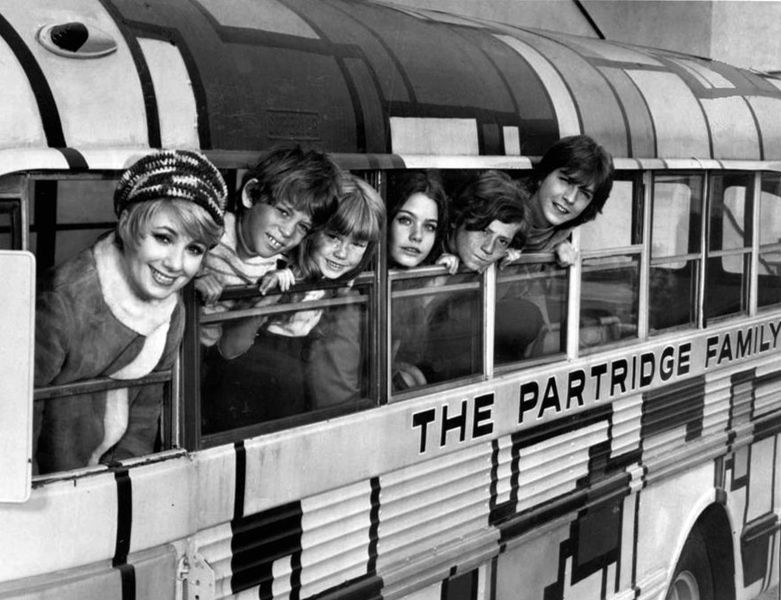The Passing of 4 Musical Luminaries
By • November 24, 2017 0 809

The world of American music is such a tapestry of identity and memory — a map of genres, stars, styles, needs and passions — that you rejoice in amazement at the expansiveness of that world even in the midst of the sad news of the passing of four musical luminaries.
Think: Mel Tellis, David Cassidy, Della Reese, Jon Hendricks and listen to what sounds or lyrics, what lament or blues riffs emerge in your head, like road stops for a musical pony express.
You might think you hear America itself.
- Mel Tellis, a country troubadour of the classic sort, smooth and friendly, a man’s man sort of country singer-songwriter who didn’t make too much of a fuss about it, predating the Saturday night back of the pickup truck sort that mark today’s male stars.
- Della Reese, who marked the versatlity of a blues singer fron the 1950s and followed it with a career playing a wise angel on a hugely popular television series.
- David Cassidy, who wasn’t so much a pop singer as a popsicle phenomenon whose every breath was chronicled in the likes of Teen Beat Magazine.
- Jon Henricks, the inventive composer who, in the company of Annie Ross and David Lambert, invented and enriched the vocal language of jazz (it was called “vocalese”) that connected the improvisations of scat into the future where it might have anticipated the clearer, sharper arts of rap.
Tillis, Reese, Cassidy and Hendricks speak to the generosity of American music styles, to the diversity interest and the ranginess of geography, the locus of creativity which can splash quickly through from the stages of legendary theaters in Harlem and the palace and lore of country music at the Grand Ole Opry, from stars created for television to America’s purple passion for celebrity singers and to the cool — really cool — intellectualism, wit and finger-snapping vocals that could emerge from America’s patented original music and rhythms of jazz.
The past few days have been highlighted by musical moments of loss and passing in America (and it is fair to say for a good part of the world) which embraced their talents, gifts and output with various degree of passion.
They were black and white, old and older than that and oldish, too soon. Their gifts proved varied. Reese, who died at 86, for instance, had a voice that didn’t just wiggle into your consciousness, but charged into your memory and took up permanent residence in the 1950s with such hits as the powerful “Don’t You Know” (Puccini goes blues) and “Stormy Weather.”
Tillis — a lanky, affable guy with honest curly hair, oozed charm and was entirely comfortable in the world of Ricky Skaggs, post-Hank Williams, Johnny Paycheck, Johnny Cash, Porter Waggoner and Buck Owens. He was a writer first, and amid such light fare as “I Ain’t Never,” he could come up with shocking suddenness a song like “Ruby, Don’t Take Your Love to Town” with his teeth-edge anger.
Cassidy was both the real deal — a genuine teen idol — and as soft to the touch as the fantasy of a tangle-up piece of bubble gum. There was real life: he was the stepson of Shirley Jones and of show biz actor and performer Ted Cassidy. And there was the invention that found its way into the “The Partridge Family,” a literal television family sitcom in which the band was the family and Shirley Jones was the matriarch and David was the supernova star.
Everybody thought they loved him, especially millions of screaming teenaged girl who still hold “I Think I Love You” deep in an old handkerchief memory. Cassidy, who suffered from dementia, among other ills, died at 67, not far removed from his last concert.
Hendricks, thin and raspy of voice, was inventive, to say the least. Joining up with Lambert and Ross, he added a certain sophistication, style and whole genre to vocals, which he wrote and tacked on to existing word-less jazz compositions. What resulted was the kind of thing which reminded you of the urban heyday of jazz, where young dudes, black and white, would dress up in suits, snap their fingers and nod their heads amid nightclub cigarette smoke. He died this week at the age of 96.
He was called “the poet laureate of jazz” and was admired by instrumental masters of improvisation.
Reese was living proof that you could have a second act, by joining forces with the actress Roma Downey to become a guardian angel In “Touched by An Angel,” which preceded her memorable career as a gospel-blues-African-American-infused singer. Puccini would have been proud; her vocalization is the kind that burrows into your soul.
Cassidy had the early-on androgynous looks of a teen idol, sweet and bouncy and forceful all at once — a kid who beamed in concert with the befuddling joy of his success. For two years at least he was as big as any teen idol going. People at concerts, in airports, fainted and screamed. He became, after the screams had died down, a fairly good actor, winning an Emmy on a cop show, and starring on Broadway.
But Cassidy’s example is that of having his biggest hits and biggest moments at the beginning. His looks changed to a sturdy, cool-guy style, but there wasn’t a time when he didn’t sing “I Think I Love You.”

